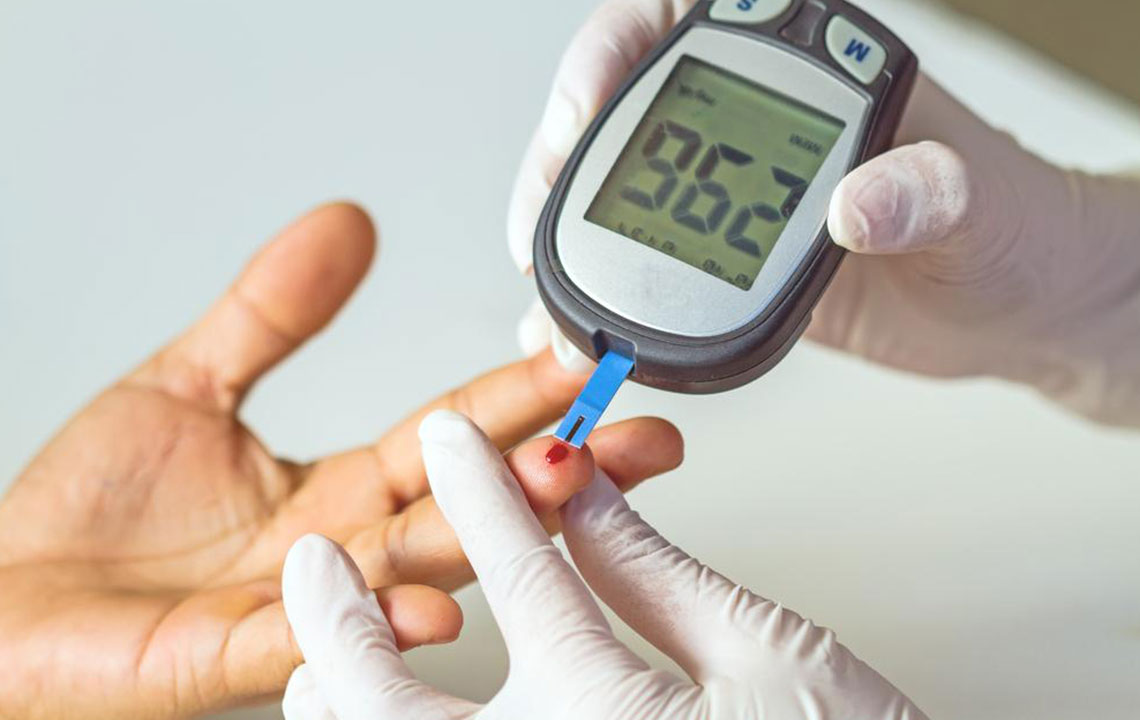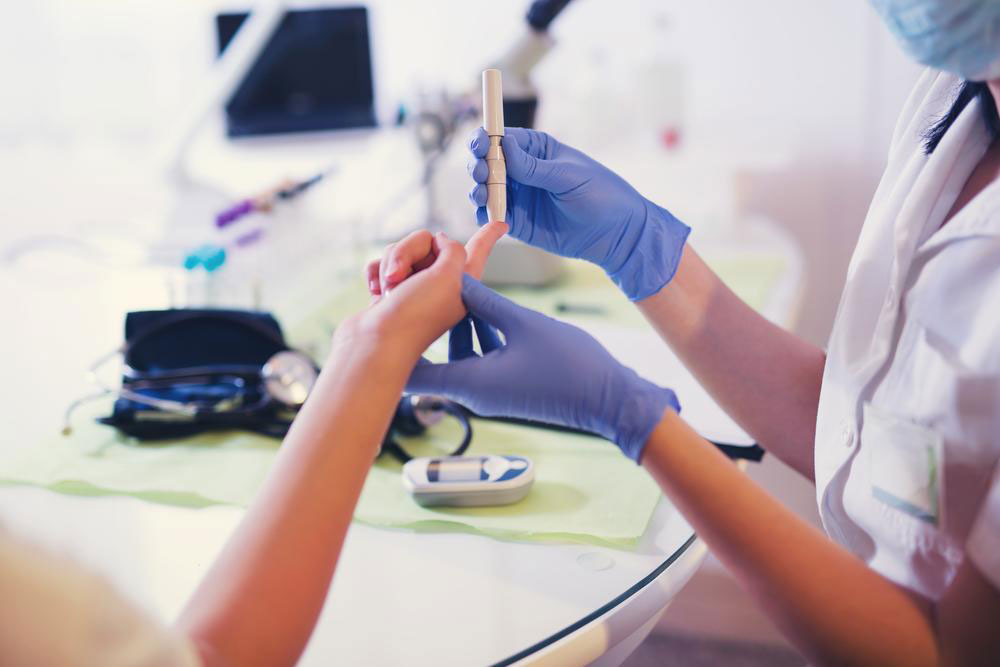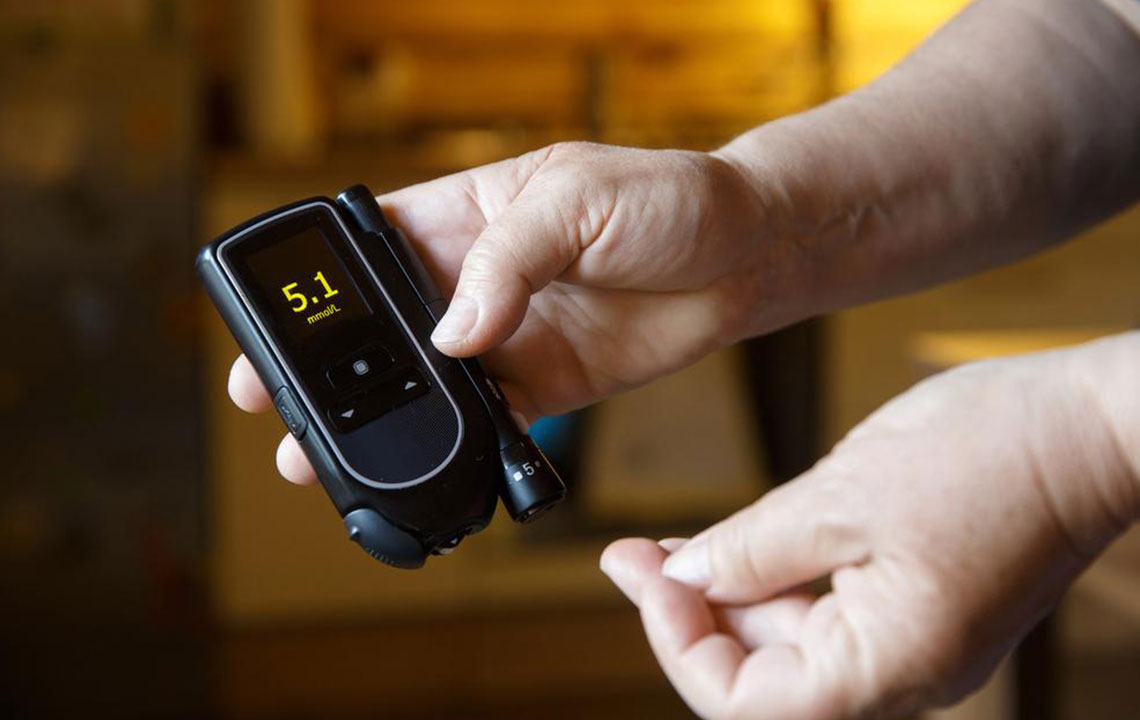Smart Approaches to Controlling Blood Sugar in Diabetes Patients
Discover practical, effective strategies for managing blood sugar in diabetes. Learn about regular monitoring, carbohydrate control, physical activity, and comprehensive health tracking to improve well-being and prevent complications. Implementing these simple lifestyle changes can significantly enhance your diabetes care routine.

Smart Approaches to Controlling Blood Sugar in Diabetes Patients
Frequent Blood Glucose Monitoring
Regularly checking blood sugar is a vital part of diabetes management. Following your healthcare provider’s testing schedule is essential, but spontaneous checks before meals or in the mornings can also provide valuable feedback. This helps you assess how well your current management plan is working and allows for prompt adjustments in diet and activity.
Think of yourself as the CEO of your health — accurate data empowers smarter decisions. Regular monitoring offers clarity, enabling you to optimize your lifestyle choices.
Controlling Carbohydrate Consumption
Since carbs directly influence blood sugar levels, managing their intake is crucial. Ideally, women should aim for 40-45 grams per meal, and men around 45-60 grams. For example, a small serving of rice or pasta contains about 45 grams of carbohydrates. Combining carbs with protein sources like lean meats or nuts, or choosing fiber-rich foods that digest slowly, can help keep blood sugar stable and curb hunger.
Lowering sugar intake and increasing dietary fiber can also enhance vascular health and blood sugar regulation. Incorporate foods such as sweet potatoes, whole grain bread, beans, pumpkins, and gourds. Be cautious with 'sugar-free' products, as many still contain significant carbs that can impact your health.
Exercise: An Natural Blood Sugar Regulator
Physical activity plays a vital role in reducing blood sugar levels. Consistent movement is key; stopping exercise can quickly reduce its benefits. Aim for at least 150 minutes weekly, divided into 30-minute sessions. Activities like walking, swimming, biking, or jogging are effective, but consult your doctor before beginning any new exercise routine. Exercise also boosts mood through endorphin release and promotes overall mental well-being.
Tracking Blood Sugar, Cholesterol, and Blood Pressure
Optimal diabetes management involves monitoring more than just blood sugar. Regular testing of cholesterol and blood pressure is essential, with some guidelines recommending cholesterol checks every five years or more frequently if necessary. The A1C test, providing an average blood sugar level over two to three months, should be done twice yearly. Blood pressure and weight should be tracked regularly as well.
Managing diabetes effectively benefits from a multidisciplinary team, including healthcare providers, nutritionists, and support systems. Educating yourself through support groups or educational programs can improve adherence and motivate healthier choices. Family and peer support also play a crucial role in maintaining consistent management efforts.


